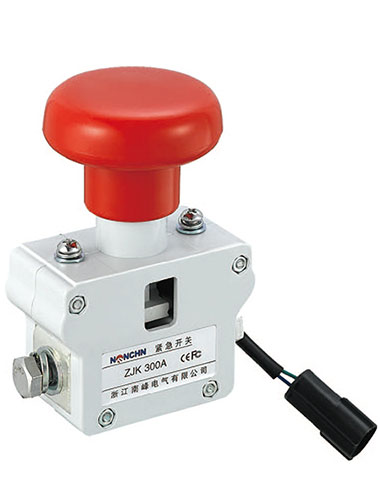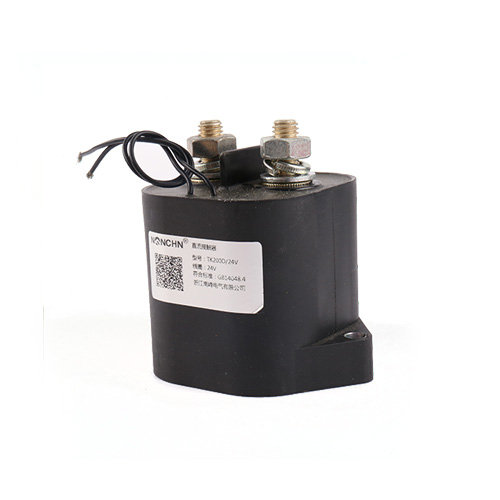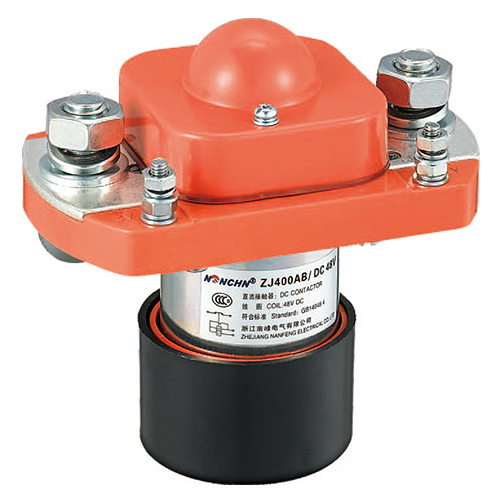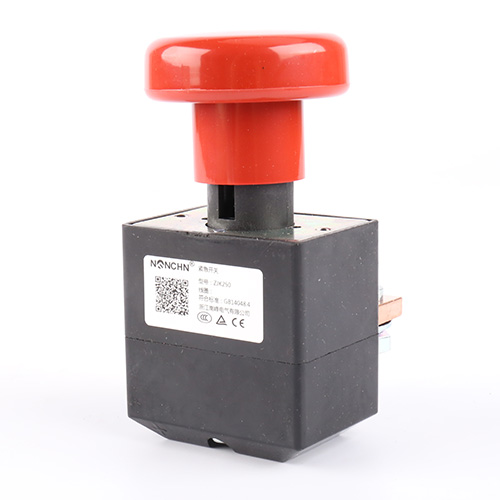Overcurrent fault
Overcurrent faults can be divided into acceleration, deceleration, and constant speed overcurrent. It may be caused by the acceleration/deceleration time of the inverter being too short, the load is abrupt, the load is not evenly distributed, and the output is short-circuited. At this time, it is generally possible to extend the acceleration/deceleration time, reduce the sudden change of the load, apply the energy-consuming braking element, carry out the load distribution design, and inspect the line. If the load inverter is disconnected or the overcurrent fault occurs, the inverter inverter circuit is broken and the inverter needs to be replaced.
Overload fault
Overload faults include variable frequency overload and motor overload. It may be caused by the acceleration time being too short, the grid voltage being too low, and the load being too heavy. Generally, the acceleration time can be extended, the braking time can be extended, the grid voltage can be checked, and the like. If the load is too heavy, the selected motor and inverter cannot be dragged by the load, or it may be caused by poor mechanical lubrication. If the former, the high-power motor and inverter must be replaced; if the latter, the production machinery should be repaired.








